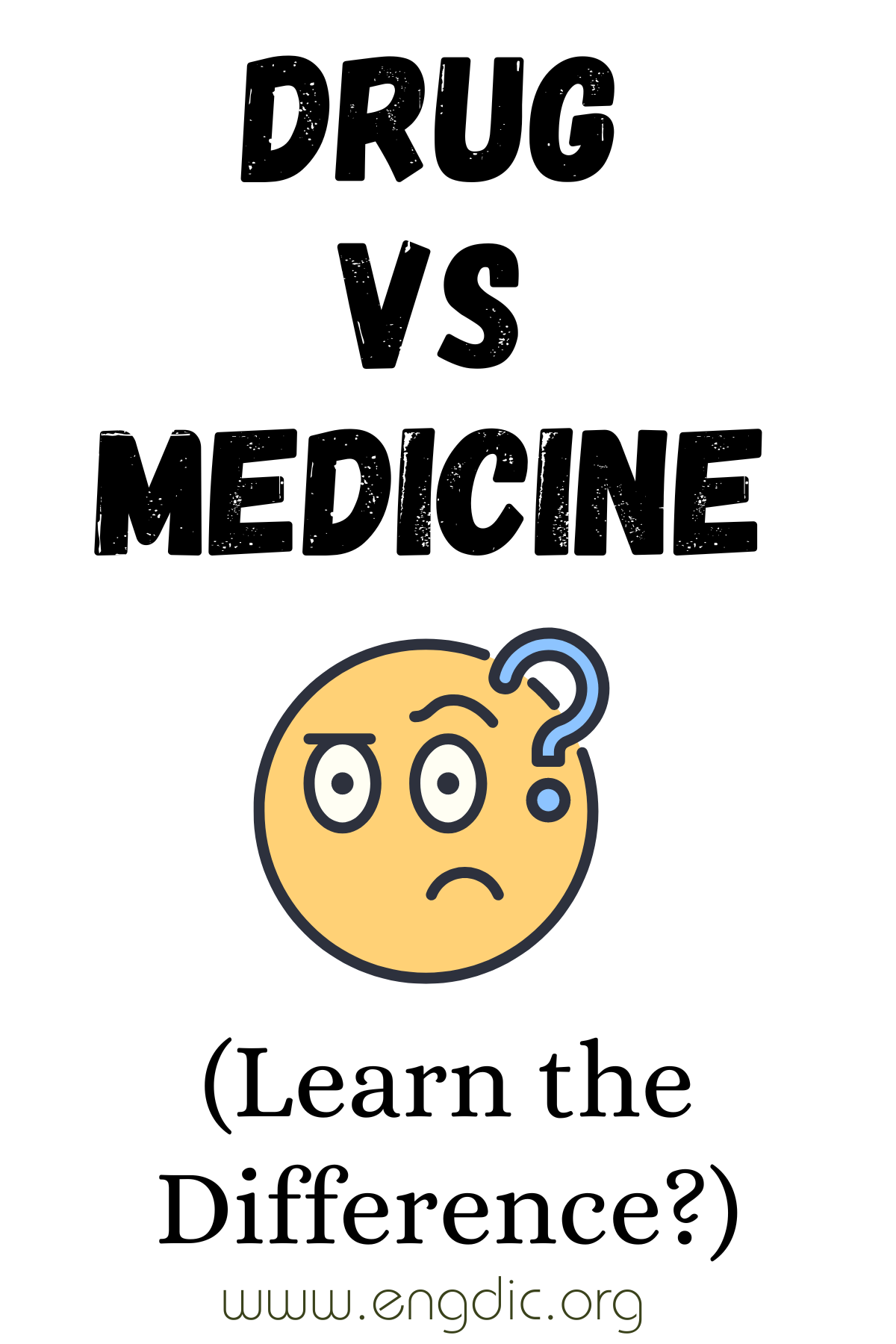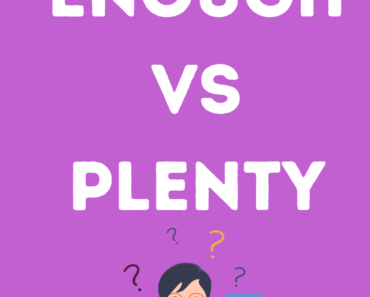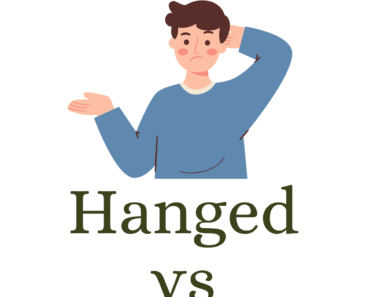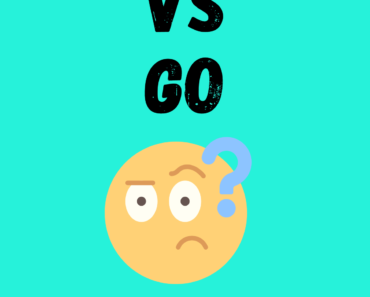The terms “drug” and “medicine” are often used interchangeably, but they have subtle differences.
- Drugs are any substances used to diagnose, treat, or prevent diseases, and can include both legal and illegal substances.
- Medicine, on the other hand, refers specifically to drugs that have been formulated to treat or prevent illnesses in humans and animals.
Medicines often undergo rigorous testing and are regulated by authorities to ensure safety and efficacy. Thus, while all medicines are drugs, not all drugs are medicines.
Drug
Definition: A drug is a substance that, when consumed, alters the body’s physiological or psychological functions. It includes legal substances like prescription drugs and illegal substances like recreational drugs.
Usage:
- Medical Use: Drugs are used to diagnose, treat, or prevent diseases. For example, antibiotics are used to treat bacterial infections.
- Recreational Use: Some drugs, like cannabis or ecstasy, are used recreationally, often for their psychoactive effects.
- Regulation: Drugs are regulated differently based on their potential for abuse and therapeutic value. For example, prescription drugs require a doctor’s prescription, while over-the-counter drugs can be bought freely.
Examples:
- Aspirin: Used to reduce pain and inflammation.
- Insulin: Administered to manage diabetes.
- Cocaine: An illegal drug with high potential for abuse.
Medicine
Definition: Medicine refers to drugs that have been specifically prepared for therapeutic use. They are carefully formulated, tested, and regulated to ensure they are safe and effective for treating specific medical conditions.
Usage:
- Preventive: Medicines like vaccines help prevent diseases before they occur.
- Curative: Medicines such as antibiotics and antiviral drugs are used to treat infections and diseases.
- Symptomatic Relief: Analgesics and antipyretics alleviate symptoms like pain and fever without addressing the root cause of the illness.
Examples:
- Paracetamol: Used to reduce fever and relieve pain.
- Amoxicillin: An antibiotic used to treat bacterial infections.
- Vaccines: Prevent diseases like influenza and COVID-19.
In summary, while “drug” is a broader term encompassing all substances that alter bodily functions, “medicine” is a specialized term for drugs used specifically for therapeutic purposes.







